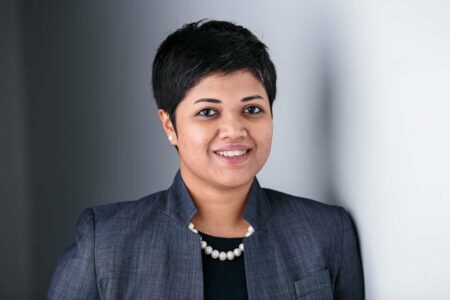Sarkar Presents at Jerusalem Workshop on Nuclear Studies
Jayita Sarkar, Assistant Professor of International Relations at the Frederick S. Pardee School of Global Studies at Boston University, recently presented her research at the Jerusalem Workshop on Nuclear Studies at the Hebrew University of Jerusalem. This workshop took place on the Mount Scopus campus of the university on July 2-3, 2018, and was organized by Prof. Or Rabinowitz, Lecturer at the Hebrew University.
Sarkar’s talk entitled, “Whack-a-Mole: American Policy Against West European Nuclear Exports, 1974-1978” was based on her forthcoming journal article of the same title in the Journal of Cold War Studies.
The abstract is below:
After India’s 1974 nuclear test publicly demonstrated the proliferation risks of nuclear assistance, the United States increased its efforts to prevent nuclear exports to sensitive states. It faced challenges from its West European allies, France and West Germany, who pursued their commercial and strategic interests through nuclear assistance to third-party states like Pakistan, Brazil, India, and others. Despite multilateral efforts like the formation of the Nuclear Suppliers Group and bilateral negotiations with the supplier states’ governments, the presidencies of Gerald Ford and Jimmy Carter, only obtained partial success on the nonproliferation front vis-à-vis these supplier states. The United States was relatively more successful with respect to Paris through concluding quid pro quo bargains but it was less effective with Bonn, to whom it had few ‘carrots’ to offer. Using newly declassified archival documents, this research sheds new light on U.S. nonproliferation policy and transatlantic relations during the superpower détente.
Jayita Sarkar, an historian by training, is Assistant Professor of International Relations at Boston University’s Frederick S. Pardee School of Global Studies. Her expertise is in the history of U.S. foreign policy, nuclear proliferation, the global Cold War, South Asia and Western Europe. Her research has appeared or is forthcoming in the Journal of Cold War Studies, Journal of Strategic Studies, Cold War History, International History Review, and elsewhere. Dr. Sarkar has held fellowships at MIT, Harvard, Columbia and Yale universities, and obtained a doctorate in International History from the Graduate Institute Geneva in Switzerland.
